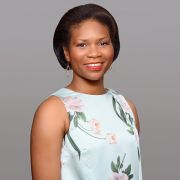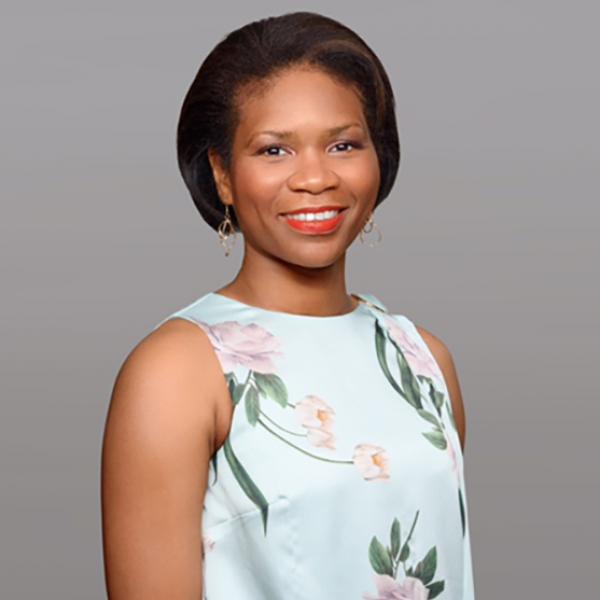Dr Meesha Warmington
BSc, MSc, PhD, SFHEA
School of Education
Senior Lecturer in Educational Psychology
Faculty of Social Sciences Deputy Director of Education: Inclusive Learning Environments and the Co-Director The Centre for Equity & Inclusion. She is also the Co-Lead of the Inequality and Intersectionality Workstream, Healthy Lifespan Institute.


+44 114 222 8099
Full contact details
School of Education
The Wave
2 Whitham Road
Sheffield
S10 2AH
- Research interests
-
Meesha’s research examines the intersection between cognition (i.e., attention, working memory and cognitive flexibility), language and literacy in multi/monolingual individuals across the lifespan. More recently, she has investigated cognitive-linguistic processing in Hindi/Urdu speaking children and adults living in the UK and India.
Her research also focuses on (1) the role of nutrition in cognitive development (2) how best to promote healthy cognitive ageing (3) as well as the cognitive and neurological mechanisms underlying language learning in typical (children and adults) and atypical development (e.g., dyslexia). She is also interested in dyslexia assessment.
With Professor Maggie Snowling and Dr Sue Stothard, she developed the York Adult Assessment Battery-Revised (YAA-R) (PDF, 769KB) to assess dyslexia in higher education.
- Publications
-
Journal articles
- The Relationship Between Mathematical Abilities and Phonological Awareness Skills in Greek Students. Developmental and Adolescent Health, 1(3), 24-31.


- Language and literacy skills of home and international university students: How different are they, and does it matter?. Bilingualism: Language and Cognition, 22(2), 349-365. View this article in WRRO


- Consolidation of vocabulary is associated with sleep in typically developing children, but not in children with dyslexia. Developmental Science, 21(5).


- Novel-word learning, executive control and working memory: A bilingual advantage. Bilingualism: Language and Cognition. View this article in WRRO


- A sequence learning impairment in dyslexia? It depends on the task. Research in Developmental Disabilities, 60, 198-210. View this article in WRRO


- Enhancing the learning of new words using an errorless learning procedure: Evidence from typical adults. Memory, 22(5), 582-594. View this article in WRRO


- Improving word learning in children using an errorless technique. Journal of Experimental Child Psychology, 114(3), 456-465.


- Assessing dyslexia in higher education: the York adult assessment battery-revised. Journal of Research in Special Educational Needs, 13(1), 48-56.


- Phoneme Awareness, Visual-Verbal Paired-Associate Learning, and Rapid Automatized Naming as Predictors of Individual Differences in Reading Ability. Scientific Studies of Reading, 16(1), 45-62.


- Academic reading as a grudging act: how do Higher Education students experience academic reading and what can educators do about it?. Higher Education. View this article in WRRO


- The Relationship between Infant Pointing and Language Development. Developmental Review.


- Vocabulary limitations undermine bilingual children’s reading comprehension despite bilingual cognitive strengths. Reading and Writing.


- Novel word learning, executive control and working memory: A bilingual advantage. Bilingualism: Language and Cognition.


- Language and Literacy Skills of Home and International University Students: How Different are They, and Does it Matter?. Bilingualism: Language and Cognition.


- Dyslexia-Friendly Further and Higher Education - By Barbara Pavey, Margaret Meehan and Alan Waugh. British Journal of Special Education, 37(3), 162-162.


- Cultural Difference in Attitudes Towards Stuttering Among British, Arab and Chinese Students: Considering Home and Host Cultures. International Journal of Language and Communication Disorders.


Website content
- The Relationship Between Mathematical Abilities and Phonological Awareness Skills in Greek Students. Developmental and Adolescent Health, 1(3), 24-31.
- Research group
-
Meesha supervises PhD students and is happy to speak to prospective students. Her current PhD students are Marta Ciesielska and Peng Zhang who are both broadly examining the behavioural, cognitive and neurological mechanisms implicated in language learning.
- Teaching interests
-
Meesha is the Director of the MSc in Psychology and Education, and she teaches on the programme. She additionally teaches across the BA in Culture, Education and Childhood, and the MA in Education.
As a former international student and, now in her current role as an academic, she supports cultivating outward-facing curricula, specifically, internationalisation. She is a firm believer that world-leading research and teaching cannot take place in absence of the global context.
- Professional activities and memberships
-
Dr Warmington is the Faculty of Social Sciences Deputy Director of Education: Inclusive Learning Environments and the Co-Director The Centre for Equity & Inclusion She is also the Co-Lead of the Inequality and Intersectionality Workstream, Healthy Lifespan Institute.
She is a Senior Fellow of the Higher Education Academy.
